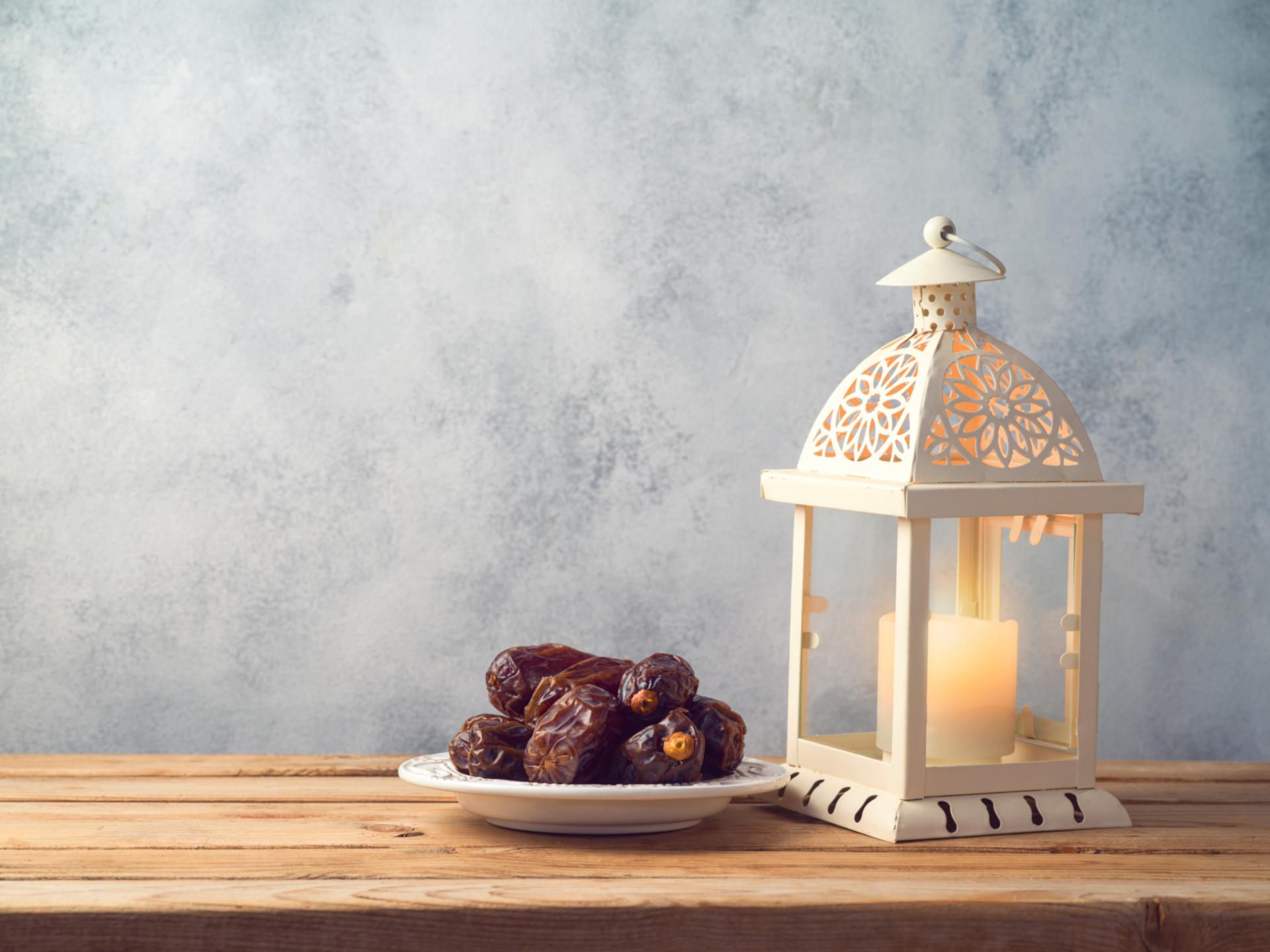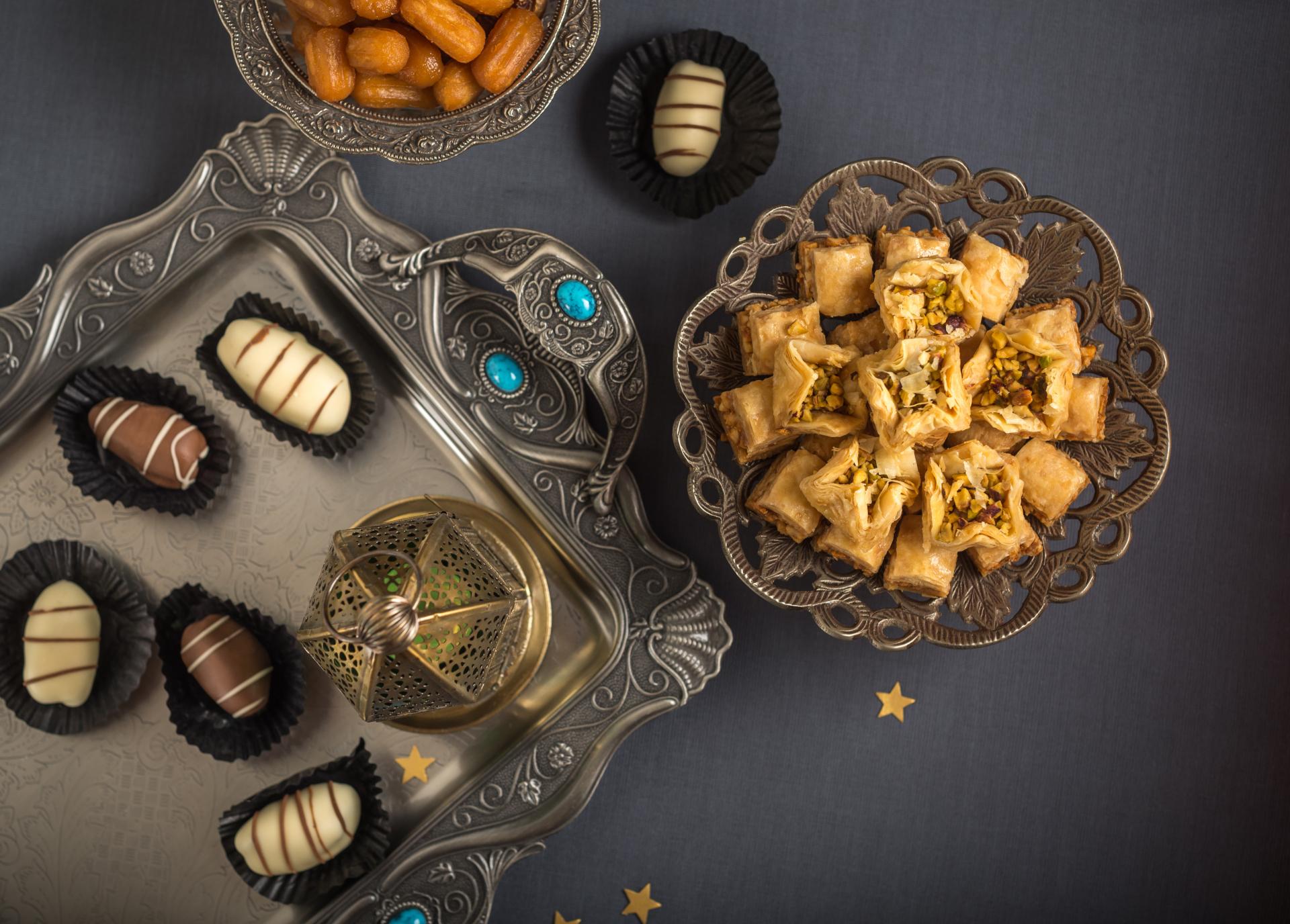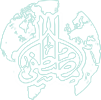In today's fast paced modern world, it has become very easy to overlook significant aspects of our faith. Our history, heritage, and roots are essential elements that shape our identity and connection to Islam. Important traditions and key opportunities such as Ramadan 2024 - and the other significant festivals we celebrate every year - are essential to recognize the impact that our past has on our today. This understanding empowers us to commemorate all wonders of Islamic faith.
What is Ramadan ?
Ramadan is a holy month in Islam, occurs during the 9th month of the Islamic calendar. Dates of Ramadan are subject to change by about 10-11 days each year. It comes once a year and Muslims celebrate it with open hearts as it brings special blessings and spiritual rewards for everyone. The whole month of Ramadan is celebrated by fasting – abstaining from food, drink, impure thoughts and committing sinful acts between the hours of sunrise and sunset. The time spent during fasting allows Muslims to reflect on purifying their mind, body and soul which is also a means of connecting with Allah SWT through prayer.
Ramadan enlightens every Muslim an understanding of what it must be like to be less fortunate, in a world without possessions, food and the means to take part in such an important event. Individuals are encouraged to donate Zakat during the Ramadan but before the prayer of Eid-ul-Fitr.
When is Ramadan 2024 Start and End in UK?
In the UK, Ramadan starts on Monday 11th March and may conclude on Tuesday 9th April, depends upon the official sighting of the moon. Official dates and times for Ramadan are given in our Ramadan 2024 UK calendar. This schedule was obtained from the East London Mosque; for exact dates closer to the event, check with your neighborhood mosque or imam.
Why is Ramadan important?
Fasting is one of the fundamental component of Islam. There are Five Pillars of Islam including Shahadah, Salah, Zakat, Sawm (Fasting), and Hajj. All these components are a significant part of Islamic heritage. Fasting during the month of Ramadan is a compulsory practice for the whole Muslim community. It is believed that the soul undergoes purification by refraining from food, water and negative thoughts as commended by Allah SWT. It foster a strong connection with Allah SWT. Furthermore, the Prophet Muhammad SAW received the Qur'an during the month of Ramadan. This significant event inspires Muslims around the world to engage in spiritual activities.
The Prophet Muhammad (PBUH) states the importance of fasting, or night prayers in Ramadan in a Hadith:
"Allah (SWT) has made Ramadan fasting obligatory. I have made the congregational night prayer () Sunnah. He who fasts and observes night prayers believing the virtues and seeking his reward from Allah (SWT), He will be saved from his sins as a newborn baby."

Who should not fast in Ramadan?
There are a number of reasons why certain people cannot partake in Ramadan fasting:
· You are taking medication for a long-term condition
· You are in the midst of hospital treatment including blood transfusions and peritoneal dialysis
· You are a child (not yet reached puberty)
· You are breastfeeding a child
· You suffer from severe migraines
· You suffer from diabetes and must inject insulin
What happens if you cannot fast?
If for whatever reason, you cannot fast during Ramadan, then there are ways to make up for this.
- Fidyah – If you are ill during Ramadan and are unable to fast, then you need to donate to pay for someone else to be fed. The rate is currently £6 per missed day, which should cover the cost of two meals. If all days in Ramadan are missed, then £180 donation during Ramadan would need to be paid. Pay fidyah online
- Kaffarah – If you deliberately miss or break your fast during Ramadan without a medical or just reason to do so, then there are two options available. You can either fast for 60 days, or feed 60 people at a rate of £6 per person. Donate Kaffarah with Al Mustafa Welfare Trust and help us deliver basic supplies to needy people.
Pay your Fidya / Kaffara Online
What are the 3 Ashra (Stages) of Ramadan?
- First 10 Days: Mercy of Allah (Rahmah).
- Second 10 Days: Forgiveness of Allah (Maghfirah).
- Last 10 Days: Safety from the Hellfire (Nijat).
List of Activities To Perform in Ramadan?
1. Fasting: Upon the order of Allah SWT, Muslims do fasting by abstaining from food, drinks, and sinful behavior from dawn to dusk.
2. Suhoor: For fasting, Muslims eat a special meal called suhoor, early in the morning before the Fajar time. It is similar to breakfast but consumed before the fasting day. Sahur is important because it helps prepare the body without food or drink for the day. Making this meal as nutritious and balanced as possible is recommended to provide energy throughout the day.
3. Iftaar: Iftar is a special moment during Ramadan. It's Muslims' meal at Maghrib (sunset), marking the end of their daily fast. The time for Iftar changes throughout the month because it depends on when the sun sets. This means in places like the UK, the Iftar time can vary. People are happy and thankful during Ramadan and often eat a delicious meal with family and friends
4. Tahajjud: Tahajjud prayer is performed at mid-night before Suhoor.
5. Prayers: Adhering to prayers five times punctually fosters a deeper connection to Allah
6. Reciting the Quran: Reciting the Quran helps Muslims comprehend and contemplate its intense meaning.
7. Pay Zakat: Fulfilling the obligations of zakat purifies wealth and helps support needy people.
7. Give Sadaqah: During Ramadan, it is encouraged to give charity and demonstrate gratitude with needy individuals by giving Sadaqah help deliver food, drinks, clothes, and shelter.
8. Itikaf: Perform Itikaf in last 10 days of Ramadan. Itikaf is about isolating yourself in a Mosque or at home with the intention of solely dedicating your time to the worship of Allah (SWT).
9. Search for Laylatul Qadr: Laylatul Qadr is a night that is equivalent to 1000 nights. One should search for signs of Laylat ul Qadr. These days are significant as this was the time when the Holy Qur’an was sent to Prophet Muhammad (PBUH) by Allah (SWT) as guidance for all Muslims. The Night of Power is believed to be worth a thousand months, with rewards given copiously.
Celebrating Eid-ul-Fitr
To close Ramadan and a month of fasting, Muslims will come together to celebrate Eid-ul-Fitr. This is a time for happiness and celebration after the blessed and auspicious month. Quality time is spent with family and gifts are given, as well as Zakat-ul-Fitr donations made for those in need at this privileged time.
There are many Eid traditions, such as waking up early and wearing your finest clothes. Zakat-ul-Fitr is given prior to Eid prayers at the local Mosque, after which Muslims wish each other ‘Eid Mubarak’. The rest of the day is then spent praying, eating, sharing gifts with loved ones and giving to those who are in need.
Lorem Ipsum is not simply random text. It has roots in a piece of classical Latin literature from 45 BC, making it over 2000 years old. and going through the cites of the word in classical literature, discovered the undoubtable source. Lorem Ipsum comes from sections 1.10.32 and 1.10.33 of "de Finibus Bonorum et Malorum" (The Extremes of Good and Evil) by Cicero,
Lorem Ipsum is not simply random text. It has roots in a piece of classical Latin literature from 45 BC, making it over 2000 years old. and going through the cites of the word in classical literature, discovered the undoubtable source. Lorem Ipsum comes from sections 1.10.32 and 1.10.33 of "de Finibus Bonorum et Malorum" (The Extremes of Good and Evil) by Cicero,
Paying Zakat – Use Our Calculator to Donate
As one of the Five Pillars of Islam, all Muslims are obliged to pay Zakat, if they are eligible to do so. All donations made are rewarded as giving to charity is considered a good deed in Islam. Zakat donations during Ramadan are made graciously, however, and they are rewarded many times over because the month is such a blessed one.
The amount of Zakat that you need to pay is determined by your earnings, assets and retained wealth during the current lunar year. There is an obligation to pay zakat once your wealth reaches or exceeds a certain threshold. Use zakat calculator to determine your wealth against the current Nisab value – if you are eligible, then 2.5% of the amount above the Nisab is liable for zakat.
It is important to bear in mind that Zakat is not just payable on gold, silver and cash assets; it is also payable on business profits, investments, any money owed to you, shares, property income, and bonds held. The zakat payable is based on the relevant sums at the time of payment (at the end of the complete lunar year) because maintained profit can vary over the year.
Paying zakat is a reminder that everything we have been given in this life by Allah SWT is worldly and we cannot take it with us when we move on. These material items are not our own, and we must share the wealth amongst His creation.
Your Ramadan Donations
Generosity is greatly rewarded in Islam - especially during the month of Ramadan – where the rewards for giving are, by far, incredible. Let’s make the most of this blessed month and give to those who really need it whilst investing in our Hereafter. Donate your zakat with Al Mustafa Welfare Trust for Ramadan 2024 and help us make a fundamental difference to the lives of those in need. From the team at Al Mustafa Welfare Trust, we wish you all a beautiful month filled with infinite reward and blessing. Ameen.






